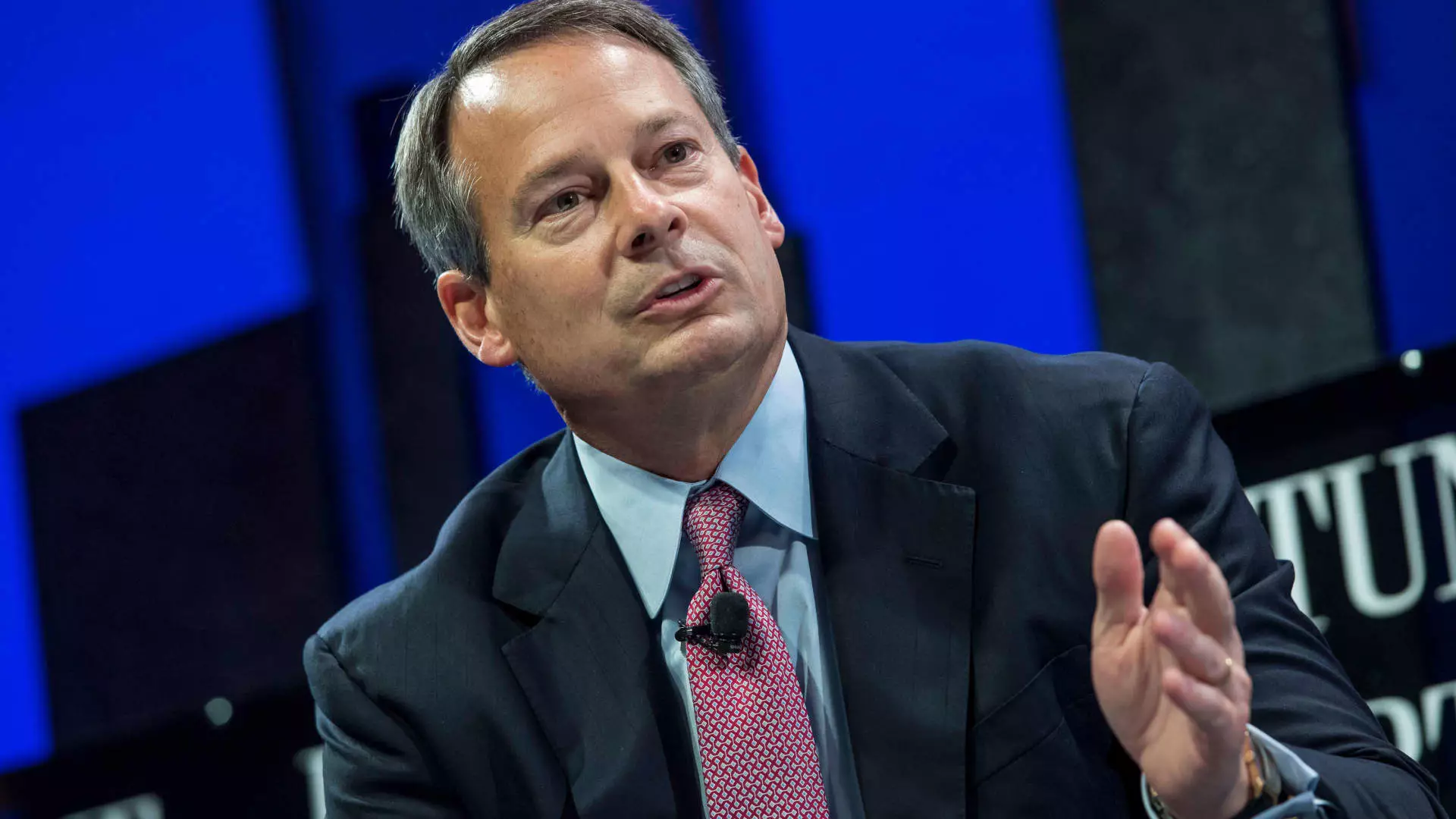When corporate insiders start unloading significant portions of their holdings, it often sparks a mixture of curiosity and skepticism among investors. While such transactions might be dismissed as routine or pre-planned, the reality is more nuanced. In the current climate, recent insider sales from giants like United Airlines, NXP Semiconductors, and Charles Schwab offer a critical window into underlying market sentiments. Far from mere trading—these sales serve as subtle indicators, revealing what senior executives perceive about their company’s future trajectory. Is caution truly justified, or are these mere defensive maneuvers? For astute investors, understanding the psychology and motivations behind these sales can be pivotal. The trend points toward an internal reassessment of valuations, growth potential, or perhaps, a warning of storm clouds gathering in the broader economic horizon.
Wealth Concentration and Value Judgments: The Significance of Large Stock Offloads
Executives are often viewed as barometers of corporate health, and their selling patterns can reveal both confidence and concern. For instance, Celsius Holdings’ notable sale by investor Dean DeSantis, amounting to $9.5 million, is more than a mere portfolio adjustment. Celsius has experienced a remarkable rally this year—up 71%—but recent gains do not necessarily guarantee ongoing momentum. The sale hints at a conclusion that its impressive run might be overextended, or perhaps, DeSantis considers this an opportune moment to lock in profits amidst inflated valuations. Similarly, Charles Schwab’s Walter Bettinger disposed of nearly $17.2 million worth of shares, despite the company’s positive recent performance. This signals a classic divergence: insiders potentially believe that the stock has run its course or that valuation levels are unsustainable. A pattern emerges where insider selling during bullish periods often reflects a lack of conviction about sustained growth and potentially a signal of an overdue correction.
Sector Fatigue and Strategic Deleveraging
The semiconductor industry, represented by NXP Semiconductors’ CFO William Betz, paints a more cautious picture. Betz’s substantial sale—reducing his holdings by 82%—suggests misgivings about the sector’s near-term prospects. Despite modest quarterly gains of around 12.7%, the year-to-date decline of 9.5% indicates underlying vulnerabilities. The tech-driven semiconductor market is notorious for cycles of exuberance followed by correction, and insider sales often amplify market anxieties. This maneuver may be less about individual company performance and more about sector-wide recalibration. Additionally, SkyWest Airlines’ Robert Simmons and United Airlines’ Michael Leskinen are trimming their stakes amid aircraft fleet uncertainties and economic headwinds that threaten to impair profitability. These insider dispositions are not random; they are calculated signals of potential turbulence that mainstream investors should heed, especially in the travel and logistics sectors, which are highly sensitive to macroeconomic shifts.
Contrasts in Confidence: Fast Food vs. Aviation
While the airline and aerospace sectors face turbulence, others tell a different story. Wingstop CEO Michael Skipworth sold a modest portion of his holdings, yet the company’s stock has soared, gaining nearly 25% year-to-date. This indicates a nuanced divergence—insiders are not uniformly bearish. Instead, some executives exhibit confidence in their business models despite macroeconomic headwinds, possibly reflecting an optimistic long-term outlook. Conversely, the market’s overall tone is more guarded, with insider sales signaling a cautious stance. For investors who interpret these patterns diligently, insider sales aren’t merely about liquidity—they serve as a barometer of internal sentiment, confidence, and risk appetite.
Is Trust in the Market Waning?
In sum, the recent pattern of insider sales signals a cautious mood, especially within sectors vulnerable to economic downturns or cyclical corrections. These sales suggest that insiders may not share the optimistic view permeating the broader markets, hinting at underlying doubts about sustained growth. As seasoned investors, skepticism is warranted: insider sales, especially in large volumes and during bullish phases, often precede a correction or at least a period of increased volatility. This behavioral pattern underscores a broader truth—the market’s health hinges not just on public earnings or macroeconomic data but significantly on the sentiments of those who steer their fiscal ships from within. Their sales often whisper warnings that should not be ignored, especially in a climate rife with inflation fears, geopolitical tensions, and potential recession signals.


Leave a Reply